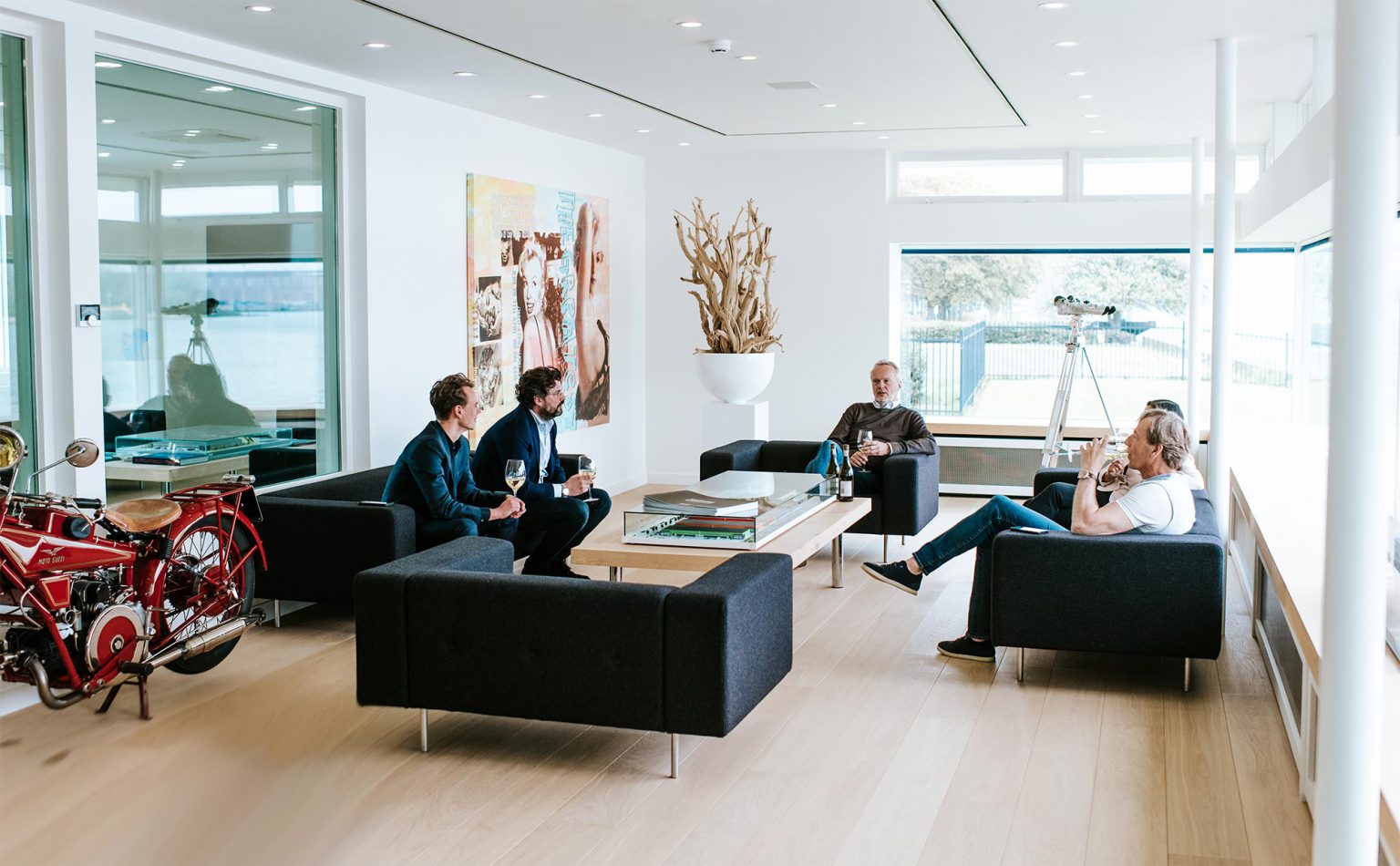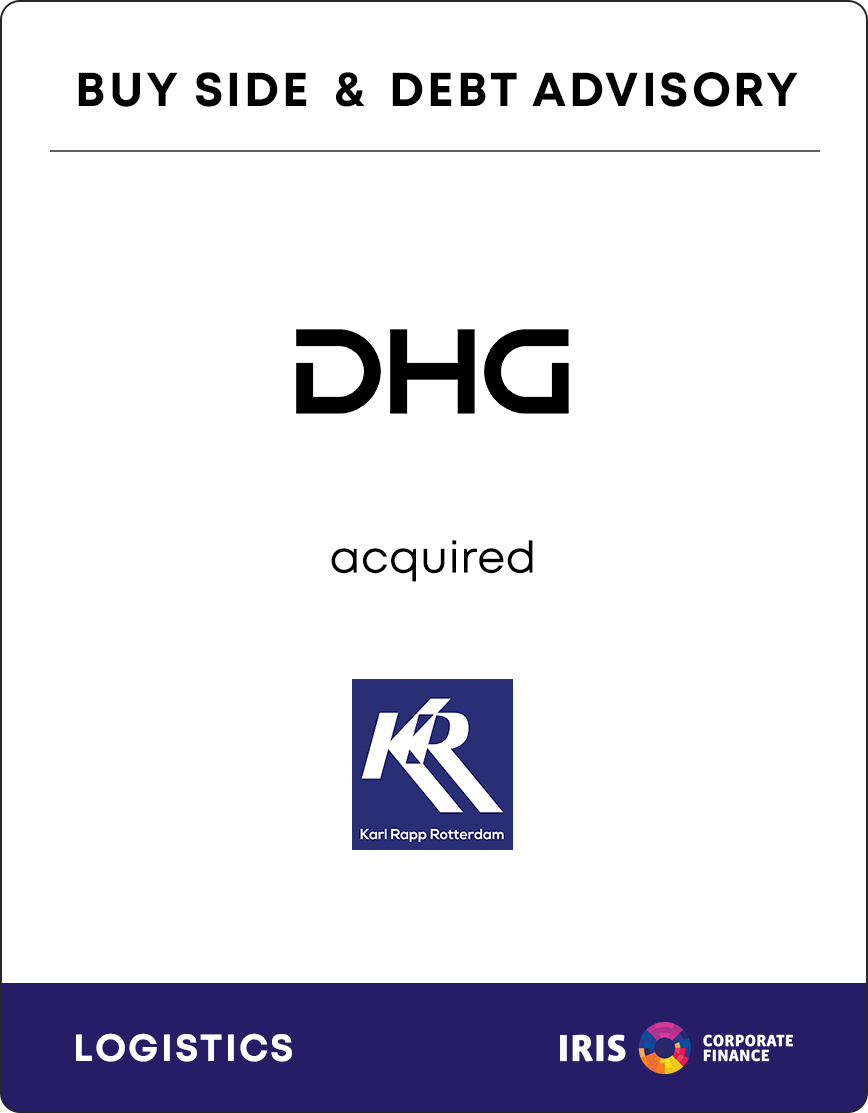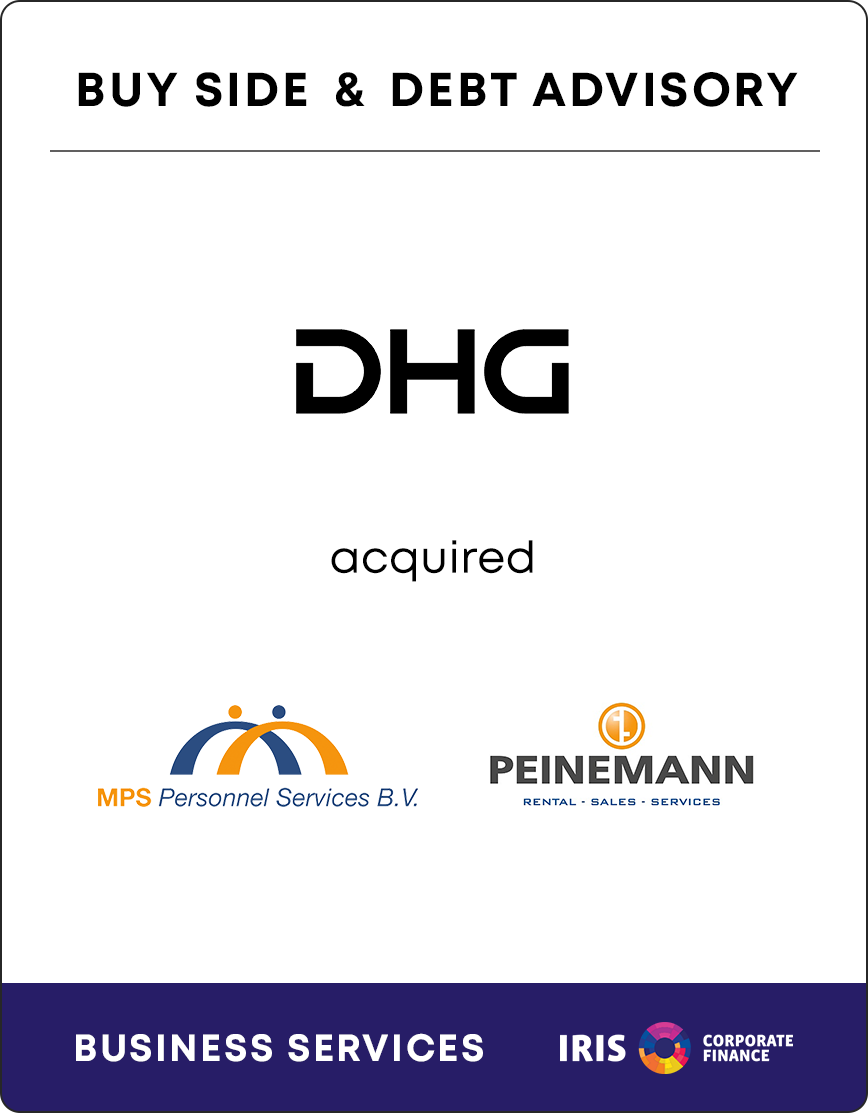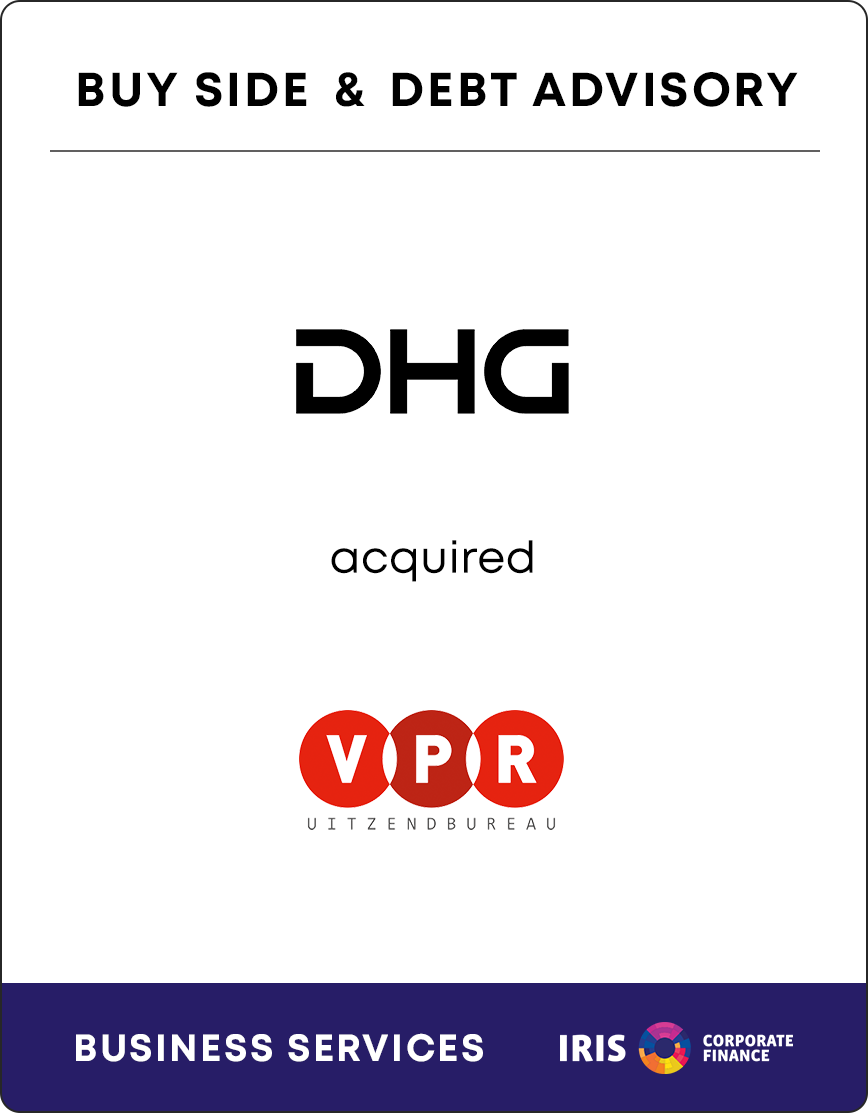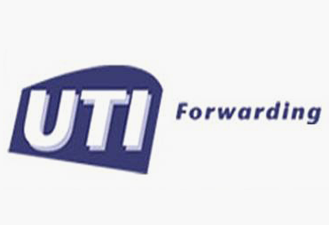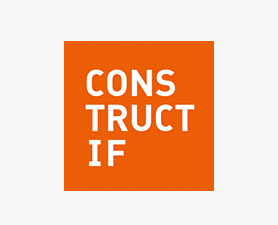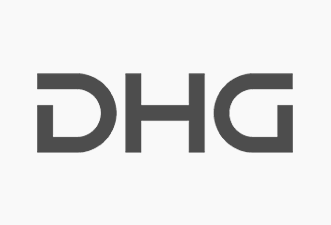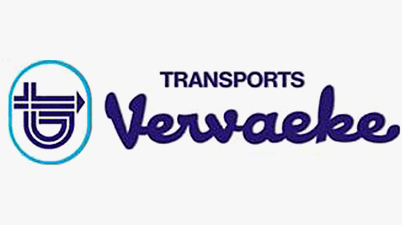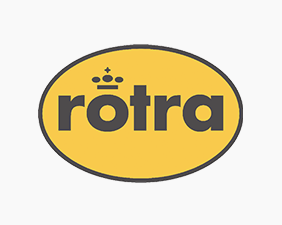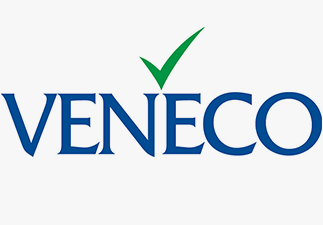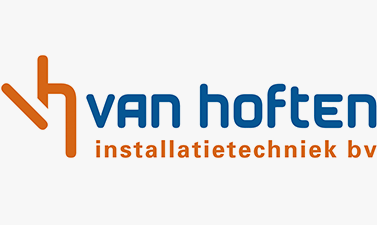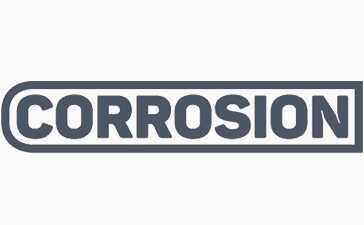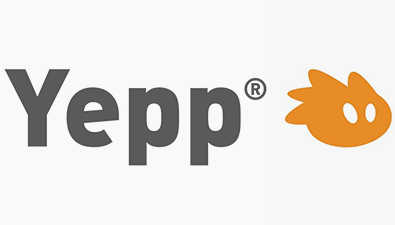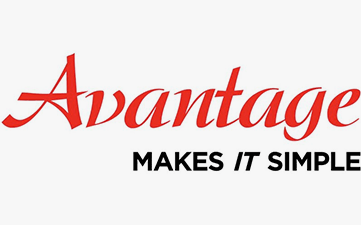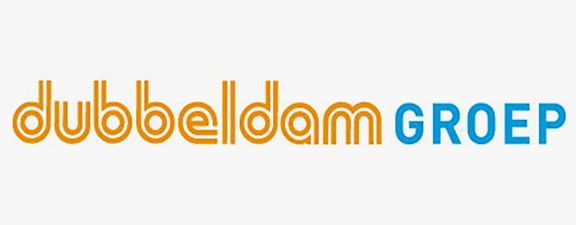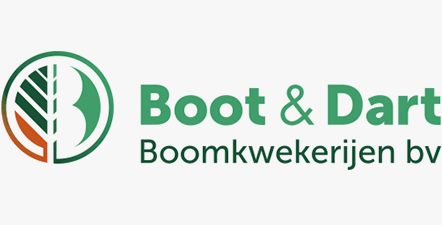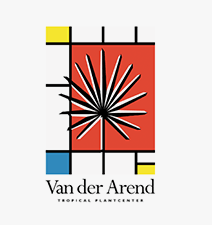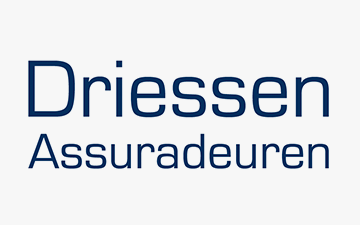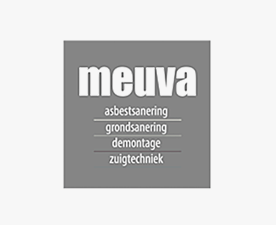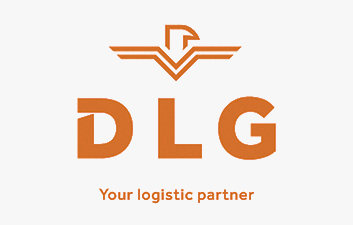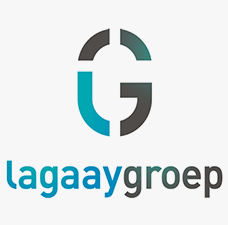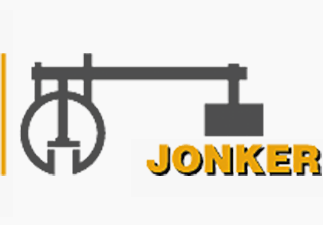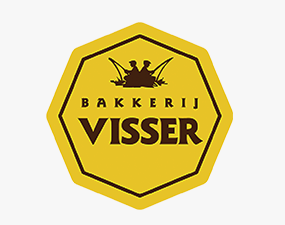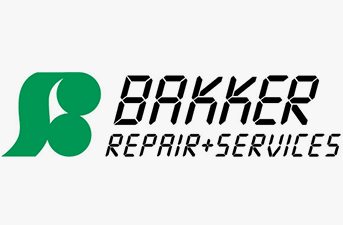Investing in occupancy
‘Our first active investment in a company outside real estate was in a tenant of one of our real-estate locations,’ says David Hart, founder of DHG. ‘They were going through difficult times, but that investment worked out very well. It was two enthusiastic guys in the logistics business who eventually got their business back in order. In doing so, we retained a tenant and, in the end, we all created value. With this experience behind us, we started investing in other companies as well. This was still from a real-estate viewpoint and related to the occupancy of our warehouses. Our real-estate income finances the investments and the rental completes the circle. That makes it a smart combination that benefits all parties.’
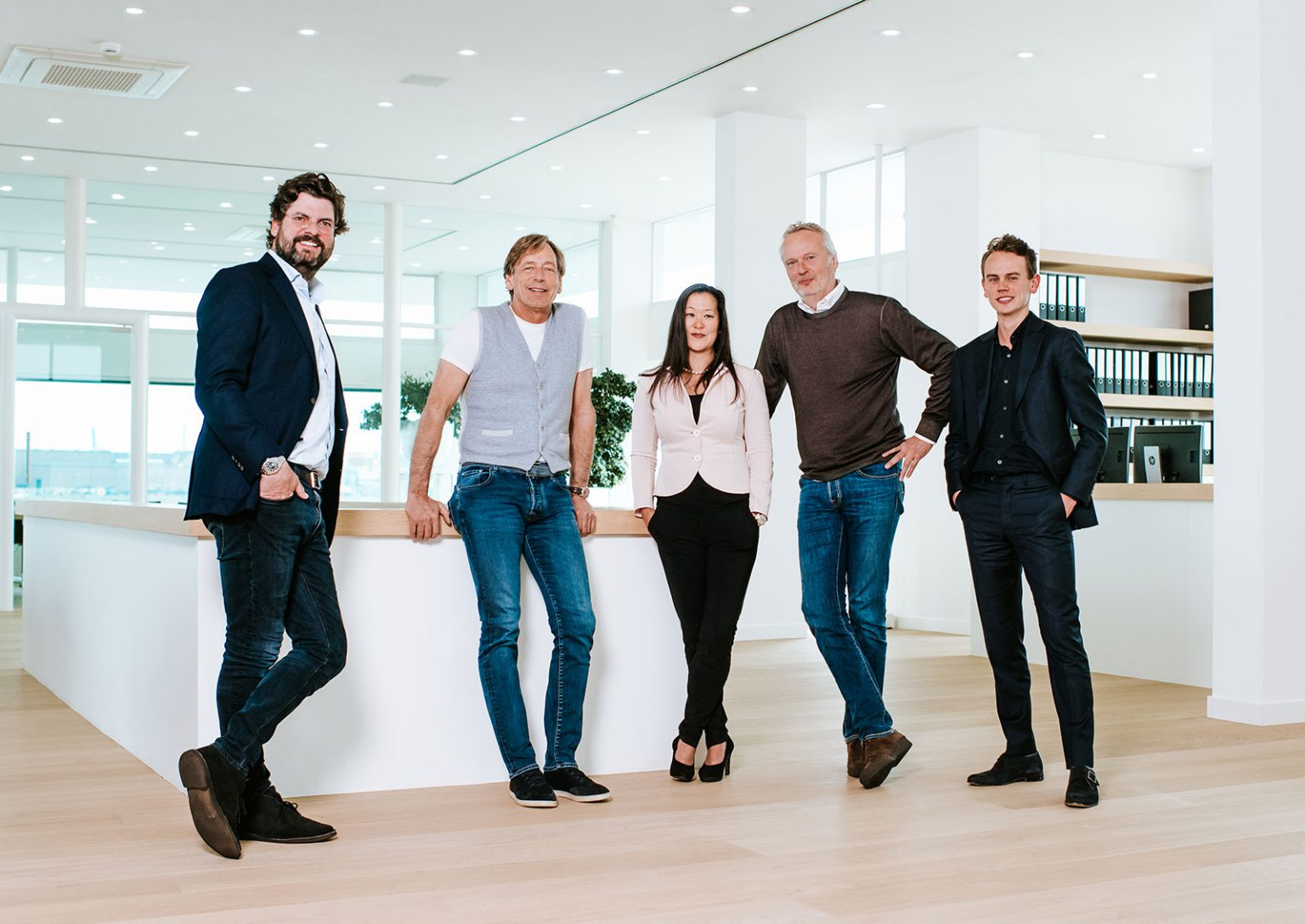
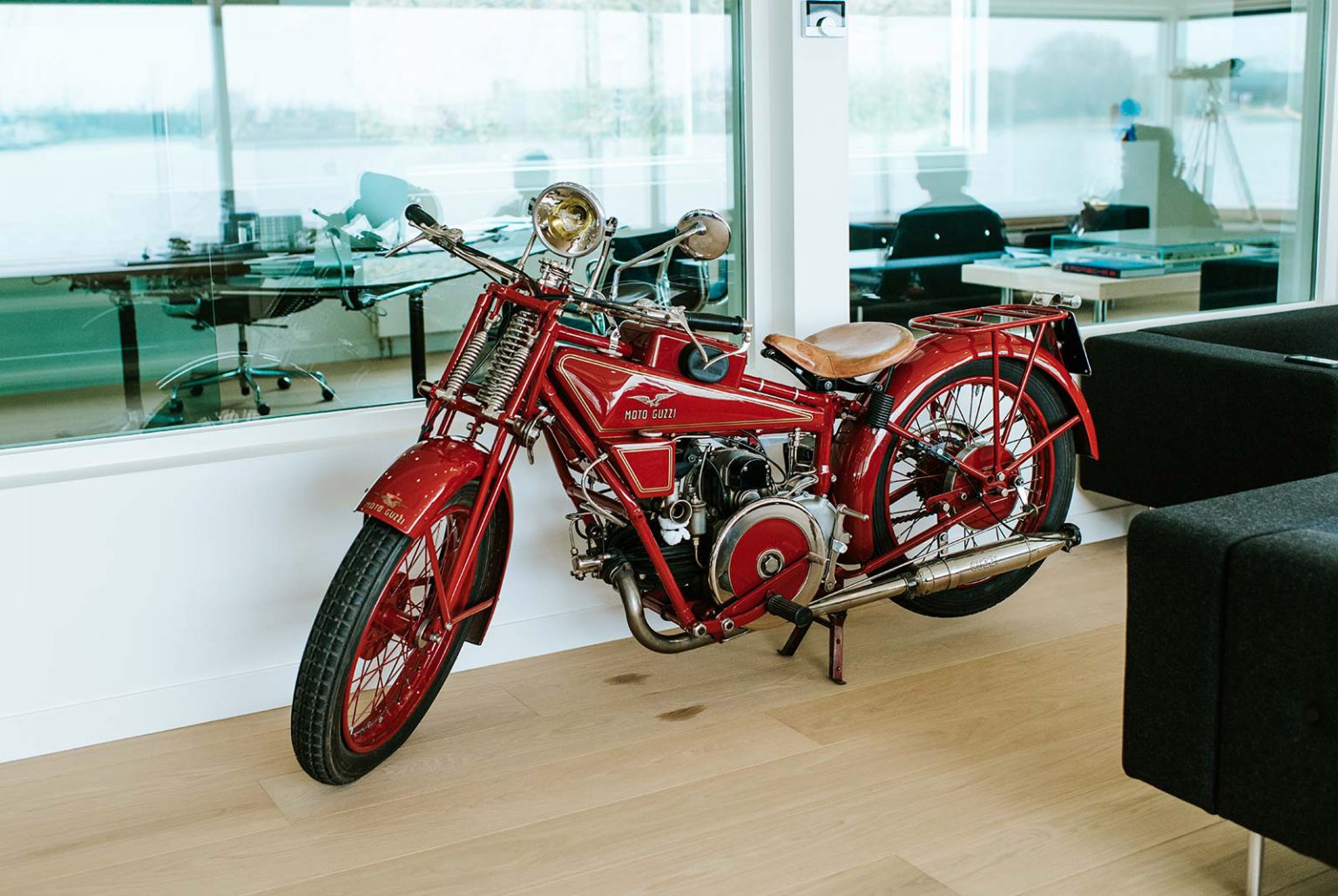
We have the funds and we like to use them to make others stronger.
Investing for the long term
When there was a request for investment from a logistics-related company in DHG’s network – separate from real estate – IRIS CF was called in. ’We knew Mirjam from her time at ABN AMRO and were referred to her,’ says Marc Strack, Financial Director of DHG. ‘She was now a partner at IRIS CF, and she and her team coordinated the due diligence and supervised the financing. Since then, IRIS CF has supervised an average of two to three such purchases a year.’
’DHG uses its funds to invest for the long term,’ Mirjam says. ‘Many companies in their network know this, and come to them for help.’
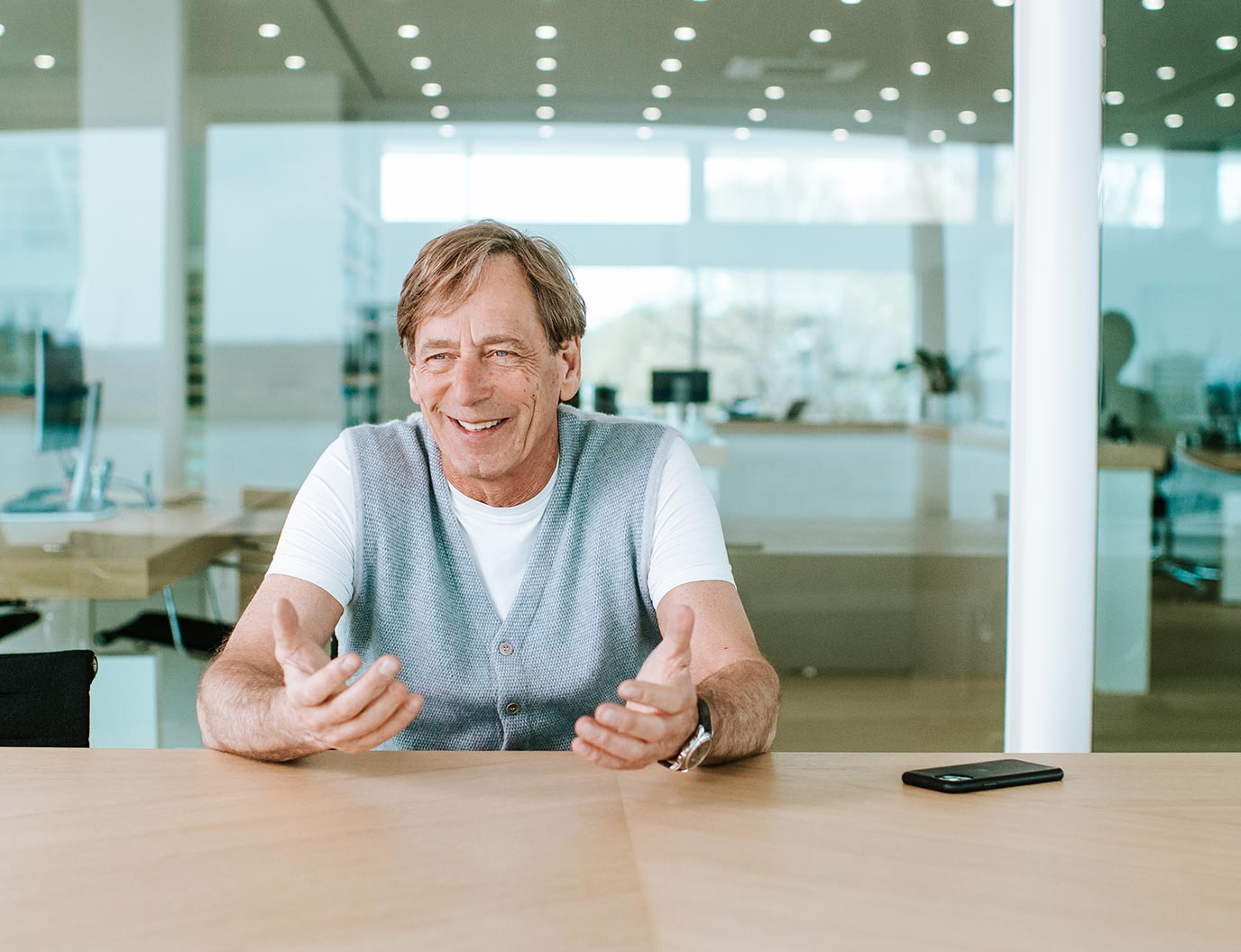
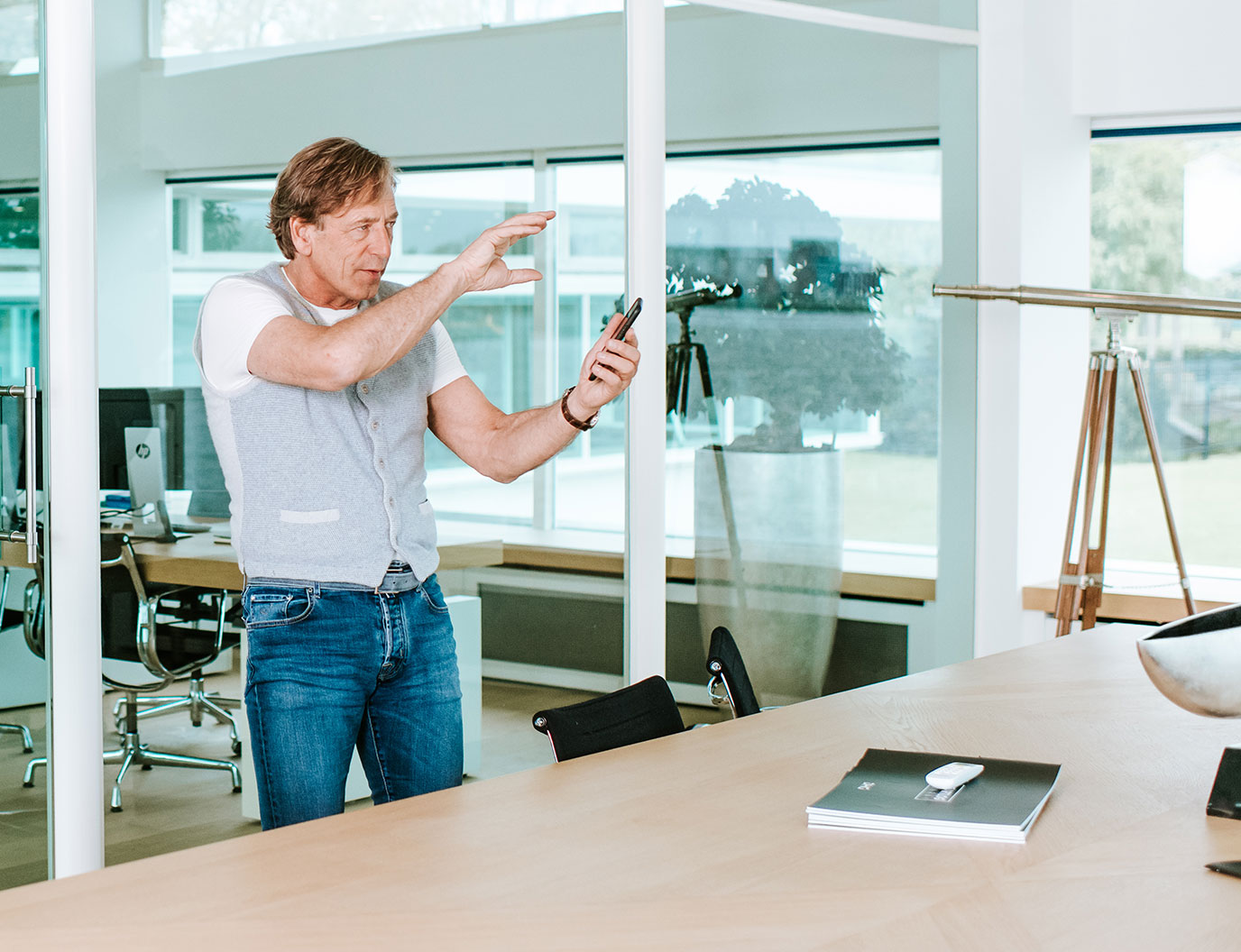
Empowering entrepreneurs
‘The purchases we make have to click with the entrepreneur. If that feeling is missing, we won’t do it,’ says David. ‘We’re not looking to replace management or to actively participate. However, we can contribute ideas on strategy or provide support with legal and tax advice and the back office.’
Marc: ‘We’re always available and there for them when they need us. We find a niche company with a modest turnover just as interesting as a company that makes millions. Entrepreneurs feel listened to and at ease. They know what they can get out of us.’
The purchases we make have to click with the entrepreneur. If that feeling is missing, we won’t do it.
Pre-exit and realistic figures
DHG calls on IRIS CF as soon as there’s a purchase opportunity for larger companies. Marc: ‘We can do a lot ourselves, but for the larger transactions we call in IRIS CF, for the valuation among other things. They have a lot of reference material in the logistics sector. With their advice, we know whether figures are realistic.’
David: ‘We often opt for the mutual holding or pre-exit model. This guarantees that the owner remains involved. It’s therefore important that the seller is confident that he’s getting the right value. IRIS CF helps us to explain to the entrepreneur exactly what’s realistic and why, using models and forecasts. That way everyone feels good about it.
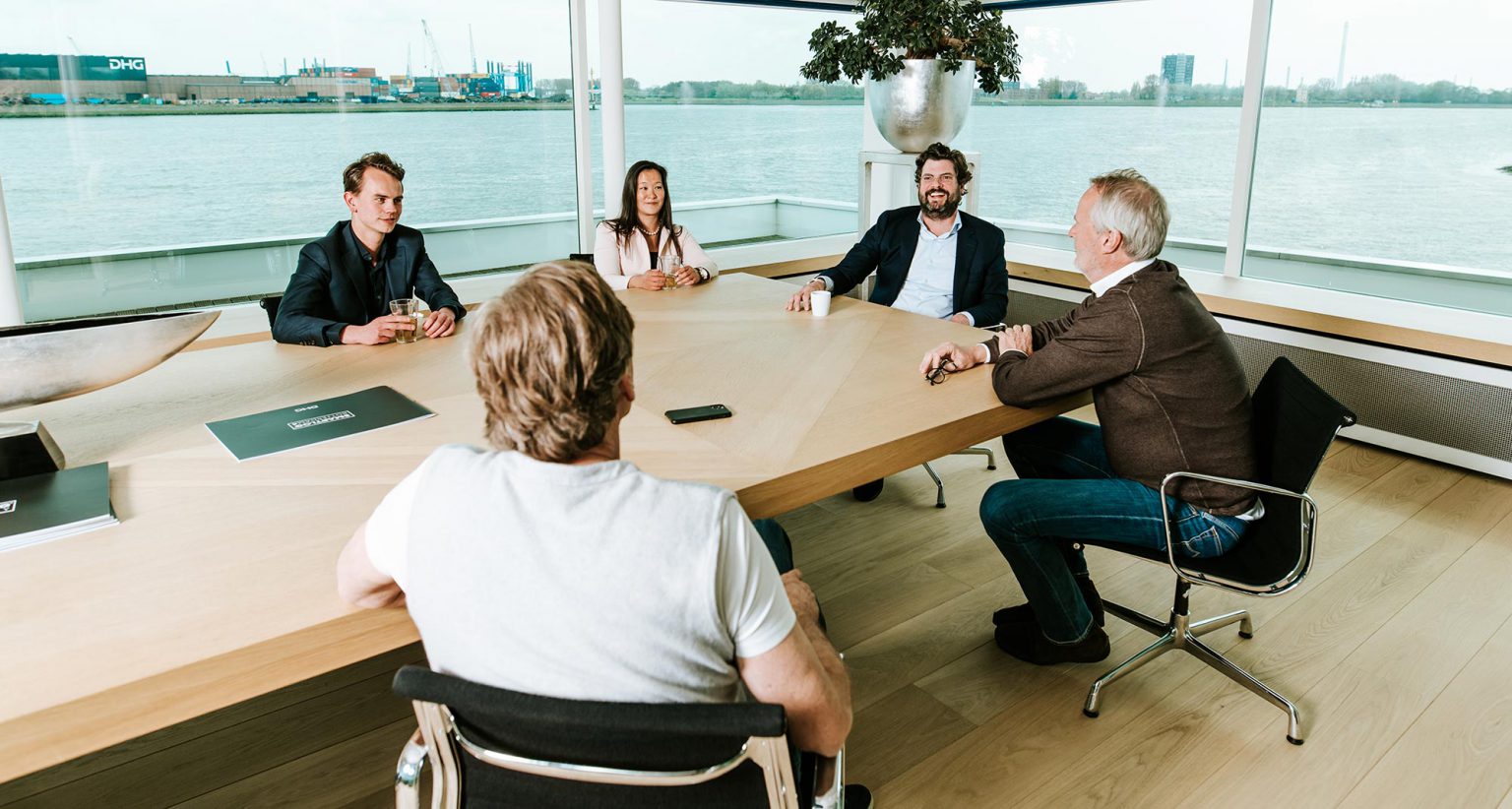
A financial powerhouse for the port of Rotterdam
David and Marc make targeted investments in the logistics chain. ‘By chance I came into contact with the owner of a ship repair yard at a site that we are developing,’ David says. ‘We have since helped him and his business partner to secure the future of their company. We’re doing the same at the adjacent repair yard. We also have a repair yard for inland vessels that we want to house on this quay. So we’re creating and financing an entire repair quay and achieving economies of scale that will benefit the port. That’s the dynamic we love. We have the funds and we like to use them to make others stronger.’
We often opt for the mutual holding or pre-exit model. This guarantees that the owner remains involved.
Professional and informal
In addition to supervising the purchasing processes, IRIS CF also carries out sales and search assignments for companies that fit well into the DHG portfolio. When asked why they like working with IRIS CF, Marc replies: ‘They have never betrayed our trust since our first collaboration in 2014. It’s a very professional outfit with a lot of know-how that we can call on quickly and work with well. I know from experience that they’re a good match for everyone. And that makes transactions pleasant. There’s transparency and that provides a good basis for working together. And most importantly, they’re informal and down-to-earth. That suits us.’
